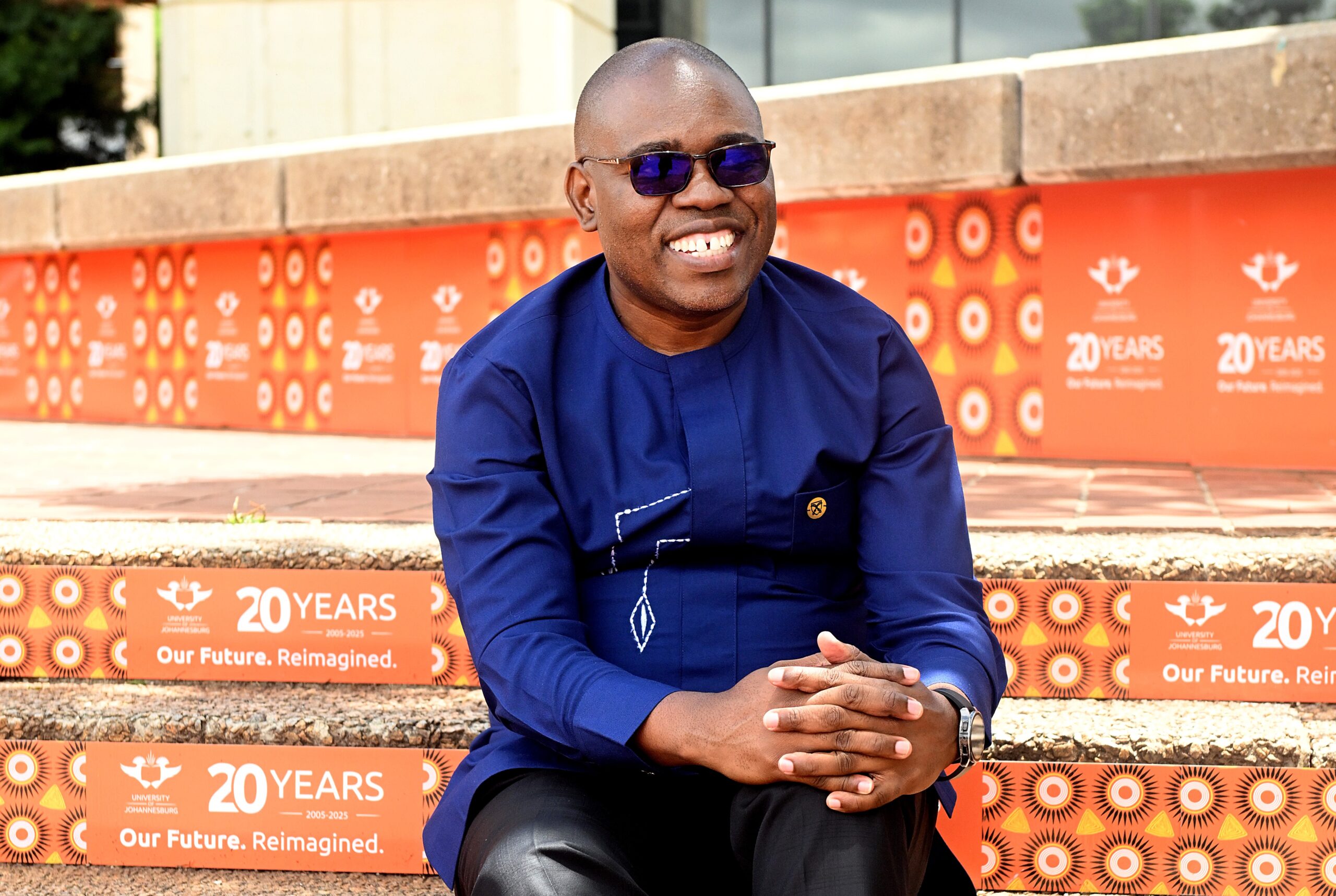Professor Adekeye Adebajo is Director of the University of Johannesburg’s Institute for Pan-African Thought and Conversation. He recently penned an opinion article published in the Business Day on 12 July 2020.
Last month, one of America’s most prestigious universities – Princeton – decided, following a five-year student-led campaign, to remove the name of Woodrow Wilson from its School of Public and International Affairs, as well as from an undergraduate hall of residence. This was the most striking toppling of an icon in the recent global ferment about discredited historical figures. Wilson was a former president of the United States (1913-1920) and a Nobel Peace laureate in 1919. He also served as President of Princeton. So, was this decision justified?
Woodrow Wilson was born in the American South a decade before the country’s civil war (1861-1865) into a family that employed slave labour, and a pastor-father who defended slavery on biblical grounds. Ironically, he also remains the most intellectually accomplished American president, having obtained a doctorate from Johns Hopkins University and published nine books. Wilson identified strongly with the “Lost Cause” movement: a revisionist view of the history of the American Civil War that portrayed the Southern Confederacy as decent people seeking to preserve an agrarian lifestyle against Northern industrialists, rather than as the slavery-supporting white supremacists they were. Many of the Confederate monuments currently being toppled were erected by this movement in the early 1900s during Wilson’s own political ascendancy.
While I was studying International Relations at Oxford University in the 1990s, Wilson was held up as the patron saint of a liberal international order and an anti-imperialist prophet of national self-determination. But there was also much that our Eurocentric curriculum had left unsaid. Wilson’s racism was already evident while president of Princeton when he refused to admit black students at a time when Harvard and Yale were doing so. As Governor of New Jersey, he refused to hire blacks in his office. Wilson attacked the modest progress of African Americans under Reconstruction (1866-1876) by observing that “the dominance of an ignorant and inferior race was justly dreaded…It was a menace to society itself that the negroes should thus of a sudden be set free and left without tutelage or restraint.” He praised docile slaves who stayed with their masters, contrasting them favourably with “vagrants, looking for pleasure and gratuitous fortune” who inevitably “turned thieves or importunate beggars.” He described the end of Reconstruction as “the natural, inevitable ascendancy of the whites, the responsible class,” writing that Southern blacks were being denied the vote not because their skin was dark, but because their minds were dark.
President Wilson introduced discriminatory practices that led to the retrenchment of black workers from government service. His resegregation of the federal civil service, which had been desegregated for decades, led to apartheid-style offices, toilets, canteens, and dressing rooms. The introduction of photo identification for applications into the civil service further resulted in open discrimination against blacks. Some of Wilson’s contemporary supporters have sought to excuse his racism by citing his supposedly liberal foreign policy. But Wilson was also a blatant imperialism, engaging in “gunboat diplomacy” in Haiti, the Dominican Republic, the Philippines, and Mexico.
Wilson died in February 1924 at the age of 68. Two foundations, numerous schools, a government-funded think tank, a navy submarine, and the Geneva-based headquarters of the UN refugee agency all bear his name. Due to the failure of the League of Nations to prevent the Second World War, Wilson’s legacy suffered. After 1945, his reputation was resurrected by crusading American foreign policy jingoists seeking to spread a gospel of democracy around the world, while often hypocritically doing everything to retard it in Latin America, the Caribbean, Africa, and Asia. Wilson remained a dyed-in-the-wool racist even by the moral standards of his own age. Princeton’s action in removing his name from two major buildings provides an ideal opportunity to start writing a more accurate and inclusive history than the one I was taught at Oxford.
*The views expressed in the article is that of the author/s and does not necessarily reflect that of the University of Johannesburg.




